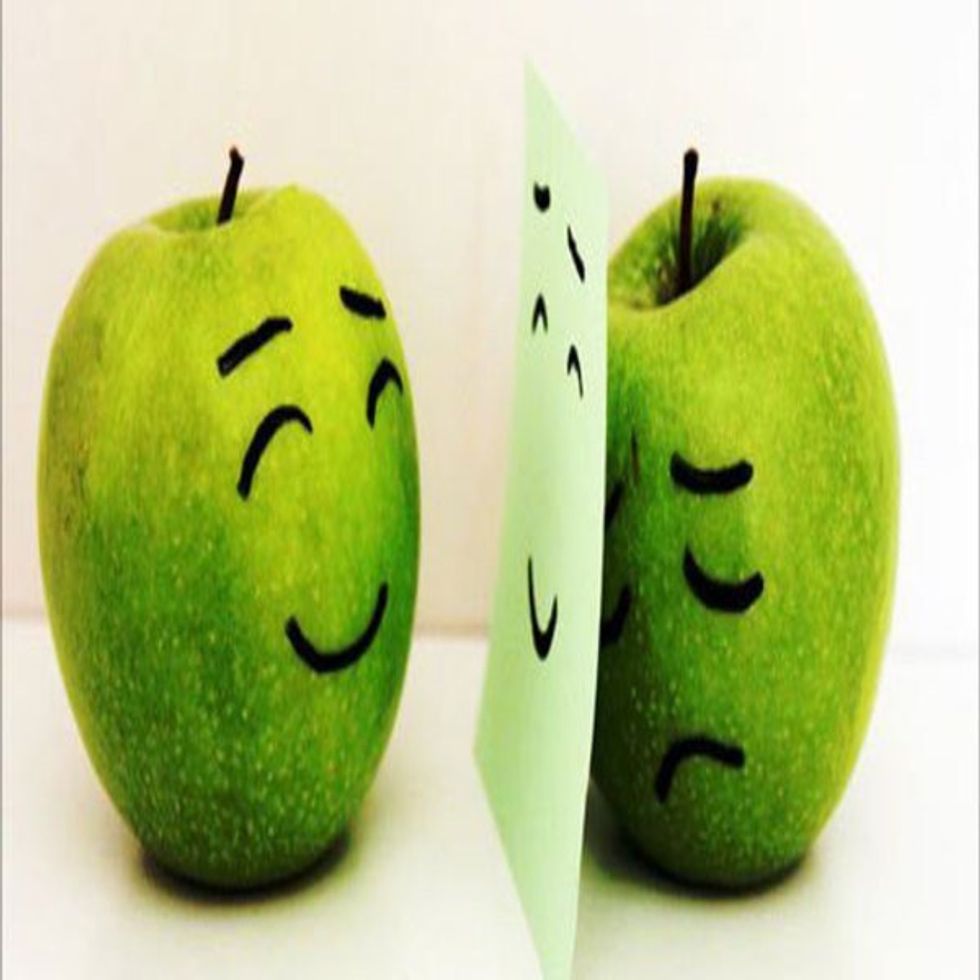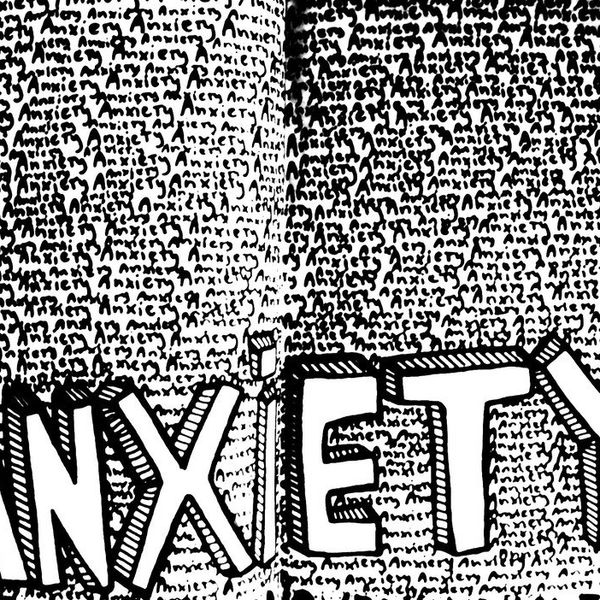There are over seven billion people in the world, and as hard as it is to imagine, each and every single person is living a life just as vivid and complex as your own. Every person feels and loves and hurts; everyone is struggling with one thing or another, whether it is an addiction, heartbreak, mental illness, or just a negative outlook on life. Maybe it is our detachment from this reality that makes it so easy to write off the struggles of others or even discredit them, but what if everyone was able to understand the problems endured by other people? What effect would this new sense of empathy have on humanity?
Perhaps you have a best friend who is suffering from depression, or a loved one suffering from alcoholism. Maybe you are struggling to form a relationship with someone who suffers from commitment issues. You may or may not have noticed, but the people in your lives are suffering from these different problems, which means that they are not in control of their struggle. No one asks to suffer from mental illness or physical disability or emotional hardship, and no one deserves to be made to feel like they are inconveniencing someone else due to something that is out of their own control.
What does it mean to separate a person from their illness? It is to understand that your best friend likes chocolate ice cream and Jensen Ackles, while it is her depression that causes her to close herself off from her surroundings and sometimes even you. It means differentiating between the bubbly personality of your loved one and their care for you from their inability to resist the addiction they have formed to alcohol or drugs. Separating a person from their illness means understanding that one is not caused by the other, and it means accepting one with the other. Understand that all of the people in your life feel and love and hurt; they fall and try to get back up again. Their illness is what tells them that they are not good enough or pretty enough or smart enough. Their illness is what prevents them from opening themselves up completely to you, and it is their illness that negatively impacts their lives, not just your own. Learn to differentiate between the person and the disease, before you begin blaming one for the other.
If you are not willing to accept a person with their illness or are unable to separate them from their illness, do not put that person in a position where they rely on you. Do not extend your hand only to pull it back once they reach out to take it. Do not abandon someone because you feel that their commitment issues are a nuisance for you; how do you think they developed those commitment issues in the first place? These issues were formed through past experiences and abandonment, through the constant reinforcement of the idea that no one cares enough to stick around. Do you think someone with anxiety enjoys living every moment in a constant state of panic and fear, or that someone addicted to smoking is willingly sacrificing their freedom to fulfill their urges?
Once you learn to separate the person from the illness, it becomes easier to accept the bad with the good; when you remember that the person in your life is the one you care for while their illness is just a small aspect of them as a whole, accepting and helping them with their struggles becomes a lot easier. Stop pretending like they are a broken toy that needs to be fixed, and realize that they are someone who is just trying the best they can to play the hand that they have been dealt. There is a difference between using their illness as an excuse for actions that you do not deserve to endure and understanding that their illness will cause them to act in ways that you may not understand or approve of. Understand the balance that exists between every circumstance, as well as the difference between the person that you care about and the illness that plagues them every moment of every day.




















